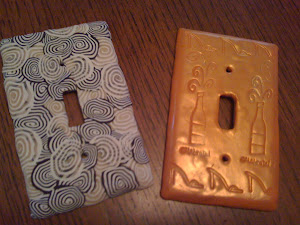I am reading a book on forgiveness. Spcifically, "The Challenge of Forgiveness as Faced by
Victims of Betrayal and Abuse". It was written by a friend of mine, Robert Grant and I helped with some editing and we had discussions about it while he was writing it. Sometimes long discussions. He asks the question "what is required of us in terms of forgiveness?" and then goes through several belief systems and their opinions on forgiveness. Interesting background stuff.
But the meat of it is how do we forgive those who do horrible things to us, and do we have to forgive to heal? Abuse survivors, having experienced how terrible people can be to each other, forever have a knowledge most people deny or don't think about. This sets them apart from our culture - they have eaten of the tree of knowledge and they cannot go back to unknowing. This is the realm of shamans, healers and visionaries in more primitive cultures. That knowedge was recognized as special and more complete than the ordinary man or woman.
Once a person can transform that knowledge into a growth experience, and not everyone can, then they can use that knowledge to understand that terrible things happened to those who abuse, and their repeating that behavior is a way they can process it. But that alone is not necessarily enough to forgive. We are responsible for our actions after all. This is all very interesting to me. I work with people that have been traumatized, some in very brutal ways that are not exactly dinner table conversation. What can I tell them about forgiveness?
Simon Weisenthal said "Forgetting is something that time takes care of but forgiveness is an act of volition and only the sufferer is qualified to make the decision."
more on this later...
Thursday, May 27, 2010
Subscribe to:
Post Comments (Atom)






1 comments:
Sometimes it helps to remember that when we do not forgive, the only person we are hurting is ourselves.
I would recommend the video "Forgiving Dr Mengela". It is powerful.
Post a Comment